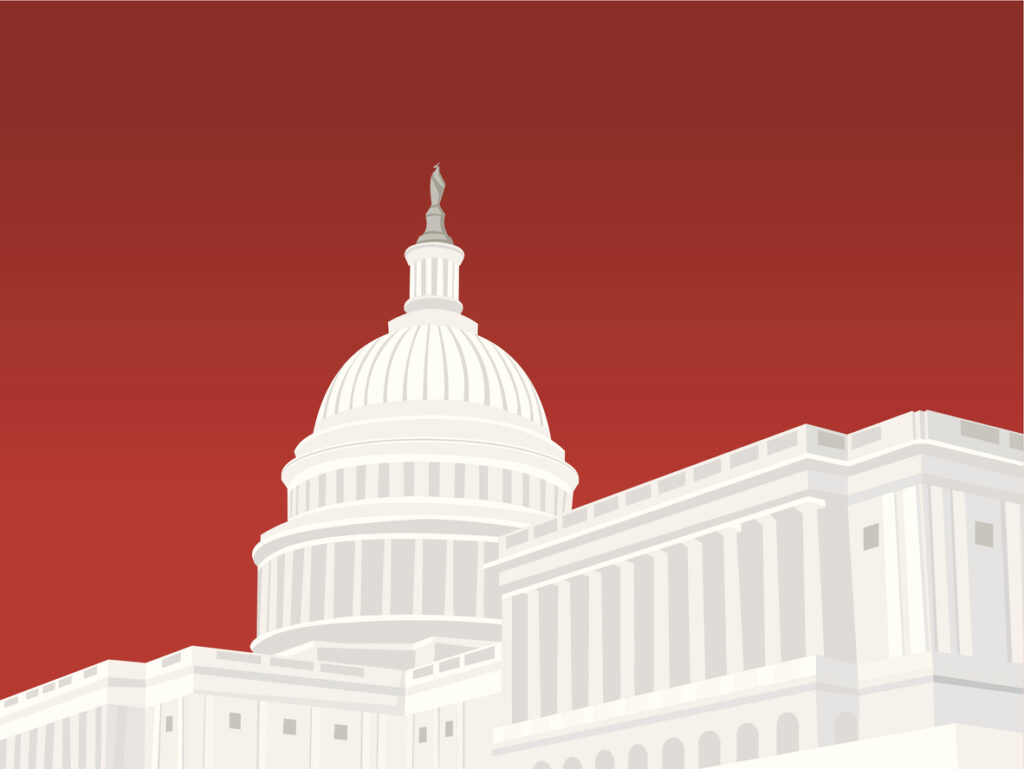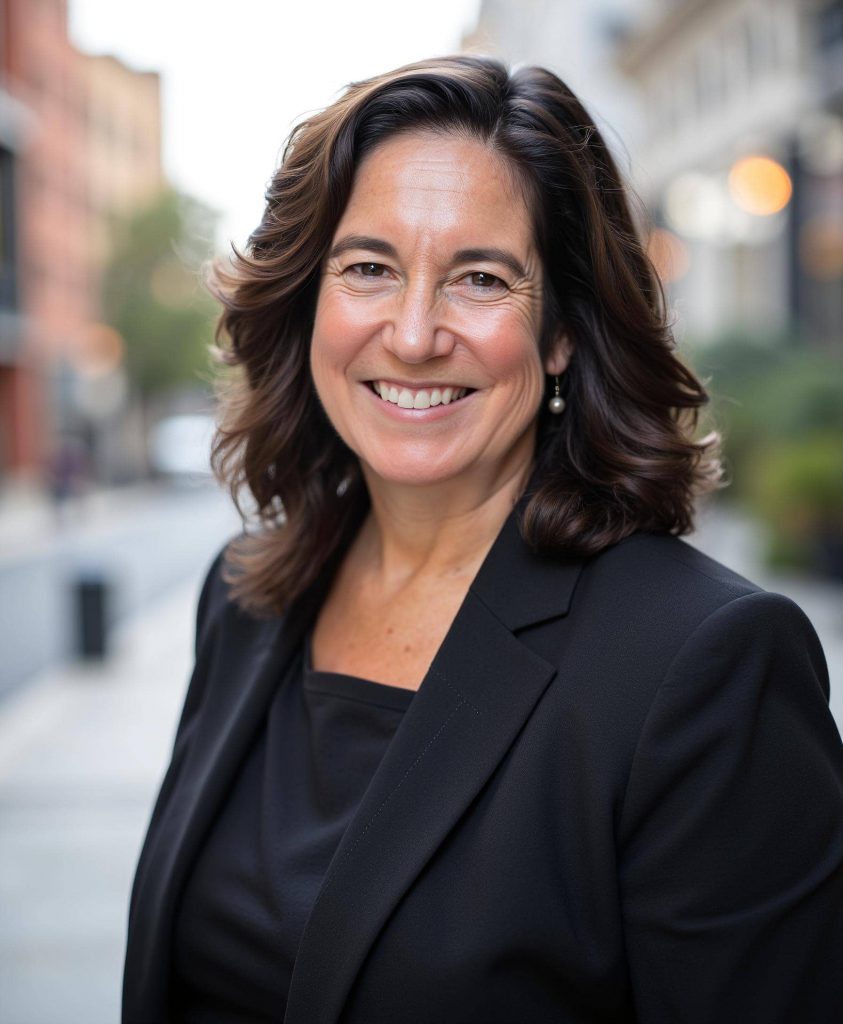
With the signing of President Trump’s Executive Order (EO) last week to push for the elimination of the U.S. Department of Education (USDOE), the question folks in Delaware are asking is what are the implications for our state and the country?
As an organization, Rodel works on building broad coalitions to support an excellent and equitable public education system that supports all Delawareans to achieve success in school and life. We approach the work with a clear point of view, but we are also committed to listening to those who don’t see things the same way.
This post attempts to:
1) Explain the roles of the executive and legislative branches, what the EO says and summarize the Administration’s argument for eliminating USDOE
2) Provide some background on why the USDOE was created
3) Discuss whether this EO (and elimination of USDOE) is likely to enhance efficiency and improve outcomes
4) Summarize what it could mean for Delaware
Basics. To level set, constitutionally, there are certain things that the president can do without congressional approval and certain things his office and associated agencies cannot. While the president and his agencies can enforce laws, they can’t make them without congressional approval. The Executive Order signed last week doesn’t have the legal authority to cut funding or eliminate the agency without congressional approval.
Further, while the federal government contributes about 10 cents on the dollar to public education nationally (in Delaware it’s about 12 cents), the states and localities fund and control most of the major decisions, including things like curriculum, standards, and graduation requirements. Outcomes and achievement levels—for better or worse—are therefore also owned by state and local entities.
Current State. Linda McMahon has been appointed and confirmed as the new U.S. Secretary of Education. There have been many Executive Orders signed (see a full list here) that could impact how schools teach civics to how they train staff. On March 11 about half of USDOE’s 4,000 employees were put on administrative leave, and while this decision is being contested, half the staff are no longer there. The Office of Civil Rights, which is meant to protect students, and the Institute for Education Sciences (IES), the independent evaluation and research arm of USDOE, took the biggest hits.
What’s the argument for eliminating USDOE? In the Executive Order, the cited reasons were that USDOE is a “failed experiment.” That, while it was created in 1979 to improve public education, that it has not done so and has cost taxpayers billions of dollars in the process. In short, the rationale is that the USDOE is an unaccountable bureaucracy that is stifling local control, so shutting it down will make government more efficient and improve student performance.
Why was USDOE created? A long time ago, a pastor in Wilmington taught me that before I take down a fence, I should try to understand why it was put up in the first place. While some folks may remember the Bush (No Child Left Behind) and Obama (Race to the Top) eras, the origins of the need for a more significant federal role in public education began well before then, and even before President Carter legally established the office in 1979. In the 1940s, after the war, the feds created the GI Bill (which benefitted my dad and brother but was elusive to black soldiers in Jim Crow America) to help many young people returning from the war continue their education. In the ‘50s, after Sputnik, the federal government invested in increasing science education to keep up with the Russians. In the 1960s and ‘70s, as students of color, those with disabilities, and those who don’t speak English as a first language, finally got access to public education, the federal government created funding streams, like Title 1 (1965) and Pell Grants (1972), and protections, like the Office of Civil Rights (1957) to ensure those rights were lived out.
In short, the origins of USDOE were about creating a more competitive, well-educated populace, based on the belief that we needed to create a system that was inclusive of all Americans so that, as a nation, we could thrive in a global economy.
Will this effort to dismantle USDOE generate more efficiencies? It depends on your definition. If “efficient” means spending less time and funding for the same or better quality outcomes, I’m skeptical. Were there redundancies in USDOE? Probably. But cutting over a thousand people means the loss of deep institutional knowledge that will be hard to rebuild, if ever.
The Trump Administration has stated that it will move important functions of the department to other agencies. For example, student loans and grants might be moved to the Small Business Administration, workforce development grants might be moved to the Department of Labor, and student funding line items might be moved to Health and Human Services.
Maybe this could work someday. But to do so those agencies would have to staff up and build new capacities and systems. And rather than engaging with one principal office, educators, parents, and students, will now need to navigate multiple, which have differing procedures and processes to administer programs and financial resources. In short, it’s not clear that there will be a net savings, nor that the quality of outcomes and service will be maintained or improved.
Will removing USDOE improve outcomes? The initial question is, how will we know? Much of the research and evaluation capacity of USDOE was eliminated in the March 11 reduction in force. This includes the National Assessment of Educational Progress (NAEP), our one common national benchmark for literacy and numeracy. Even more conservative thinkers, like Checker Finn of the Fordham and Hoover Foundations underscores the need for USDOE to capture basic information across the country and to provide some level of analysis about lessons learned. With no common hub for information, we can’t build a strategy of doing more of what works.
If this basic data function is eliminated, each of the fifty states will be on their own. Some will likely do well, but we won’t be able to amplify what they are doing, or worse, we may not know what they are doing, and some states will fall further behind, and as a nation, we will not have a means to track that decline or help them catch up.
What will this mean for Delaware? As a reminder, nine out of 10 children living in Delaware attend our public schools, so this impacts every corner of our state. Of those 140,000 public school students, about 61percent are people of color, 28 percent are low-income, about 12 percent are multilingual learners, and about 18 percent have an identified disability. And while our local and state tax dollars cover close to 90 percent of the cost, our children, students, and educators still benefit from over $300 million dollars in federal funds annually.
This is an evolving landscape because many of these Executive Orders are being contested in court and the funding implications may not come until next year. But as the dust settles, the impact could be profound. For example, federal cuts to Medicaid or access to food could also significantly impact Delaware’s budget picture and services available to students and families.
So, for Delawareans trying to get a handle on what the potential implications of all the Executive Orders proposed in the last 60 days (see here for a full list with associated summaries) will mean, here are three major issues to track.
- Information – With the recent cuts, critical information, like whether our kids can read and write could be lost. With no common measuring stick like NAEP, parents and employers won’t know what’s working from state to state. Likewise, it’s unclear whether any of the data we capture nationally, like graduation data or research on what works, will continue.
- Civil Rights – The Office of Civil Rights has already largely been decimated. Its job was to protect our most vulnerable children. When a complaint arises that students of color are being suspended at rates dramatically higher than their peers (which has happened in Delaware), who will parents turn to, the district that they are complaining about? Related, multilingual learners are our fastest growing student population (12 percent of Delaware’s public school students) and while they are a huge asset, speaking over 90 languages, with increased immigration enforcement, many are nervous and simply not attending school. As context, here is a statement from the Latin American Community Center in Wilmington.
- Student supports – The impact of federal funding cuts is still unclear. Given that Congress needs to vote on the allocation of federal funds and that the Administration says it will continue these allocations, these may not be at risk in the near term, but here are some of the federal funds Delaware currently receives annually
- $50 million for the 27,000 students with disabilities
- $59 million for the 100,000 children that attend schools with high percentages of low-income children
- $90 million for Pell Grants to help 17,000 Delawareans attend college
See here (pp. 13-14) for a full list of funding coming to Delaware. If these funds go away, will we replace those funds with state dollars, which may require a raise in taxes, or will we just let those tens of thousands of students not get the support they need? As Congress works through the budget process, we should be paying attention to these issues and several more that could have an impact on our state.
What’s next? It’s hard to predict with certainty, but in regard to these Executive Orders, the lawsuits challenging them will continue to play out, and members of congress will begin to debate the future of USDOE and its associated line items. Further, there will likely be additional executive or legislative actions filed to encourage “universal school choice,” which allows public-sector dollars to fund private schools through “Education Savings Accounts” or vouchers.
We’ll cross that bridge when we come to it, but until then, we’ll keep moving forward to support all our children to contribute and thrive. Evidence of Delawarean’s resolve to keep moving forward could be seen in last Monday’s release of the Vision Coalition’s Student Equity and Excellence 2035 (SEE35), a 10-year vision by and for Delawareans for what public education can and should be in the next decade. We look forward to working with all of you here in Delaware and in D.C. to help us deliver on the promise of this plan.


